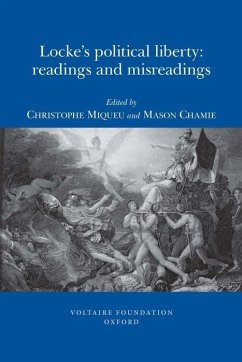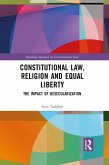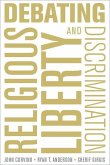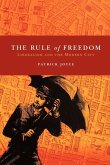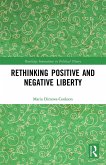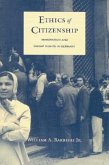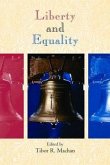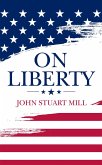The canonical image of John Locke as one of the first philosophes is so deeply engrained that we could forget that he belonged to a very different historico-political context. His influence on Enlightenment thought, not least that of his theories of political liberty, has been the subject of widespread debate. In Locke's political liberty: readings and misreadings a team of renowned international scholars re-evaluates Locke's heritage in the eighteenth century and the ways it was used. Moving beyond reductive conceptions of Locke as either central or peripheral to the development of Enlightenment thought, historians and philosophers explore how his writings are invoked, exploited or distorted in eighteenth-century reflections on liberty. Analyses of his reception in England and France bring out underlying conceptual differences between the two nations, and extend an ongoing debate about the difficulty of characterising national political epistemologies. The traditional Anglocentric view of Locke and his influence is demystified, and what emerges is a new, more diverse vision of the reception of his political thinking throughout Europe. Of interest to political philosophers and historians, Locke's political liberty: readings and misreadings reveals how the issues identified by Locke recur in our own debates about difference, identity and property - his work is as resonant today as it has ever been.

